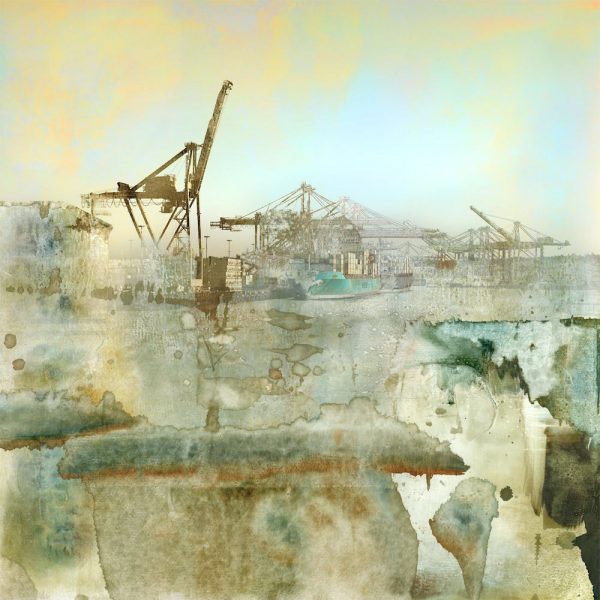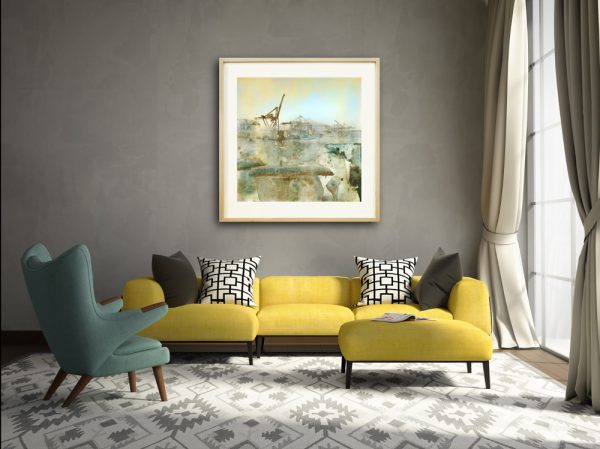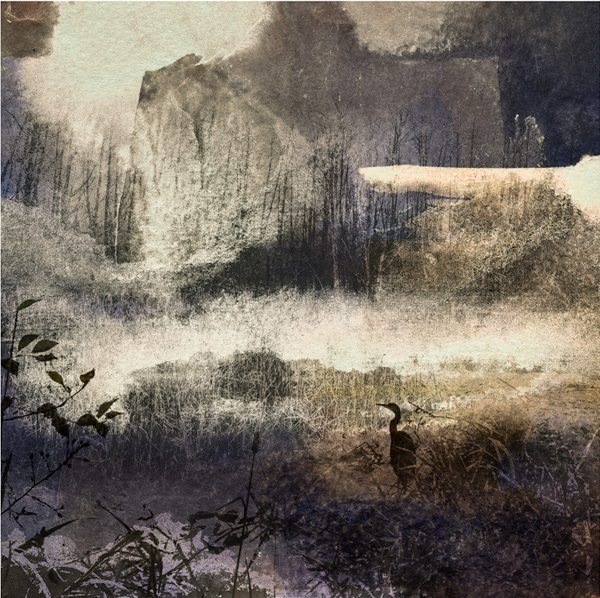
“Surely one of the most magnificent feats of the human brain is its ability to hold past, present, future and their imagined alternatives in constant parallel, to offset the tedium of washing dishes with the chance to be simultaneously mentally in Bangkok, or in Don Draper’s bed . . . .What differentiates humans from animals is exactly this ability to step mentally outside of whatever is happening to us right now, and to assign it context and significance.”— Ruth Whippman
In the aftermath of the election I find Ruth Whipmann’s essay “Actually, Let’s Not Be in the Moment” particularly compelling. I may have company in the desire to be elsewhere, rather than in this new country that feels like an audition for the ’80’s or other even less hospitable eras, perhaps 1016 or so. I am grateful for the extraordinary lifewire of the artists, writers and activists on social media who are doubling down on beauty and various forms of creative activism. After a three-day collective bender most in my circle are back to work and on fire to make the most of every precious moment. The determination is contagious.
A few days after the election I had dinner with a young woman from the Midwest who had devoted every waking moment of the months preceding to canvassing for the candidate who did not win. Collapsed in exhaustion, she was trying to put herself together in the face of a huge and unexpected loss. Knowing her conservative religious upbringing I asked how that helped in her healing. She gave an answer that surprised me: Not faith, not god, but history. Evolution. I want to know what came before, and how it all fits together.
Her answer startled me with recognition, and with gratitude for her intellectual curiosity. As an antidote to the three-second news-and-outrage cycle on my phone I have been reading hard cover books. I flit between The Better Angels of Our Nature: Why Violence Has Declined, by Steven Pinker, A World Lit Only By Fire, by William Manchester, and Marilynne Robinson’s book of essays, The Givenness of All Things. There is nothing quite like a deep historical survey of violence, religion and life styles of the poor and medieval to put current events in perspective.
November puts me in mind of history even without extenuating circumstances. It’s dark. The cold seeps into my bones and I need candles and poetry and botanical prints and Advent calendars. I am both a mystic and a non-believer, and so it is not the plot so much that helps, but the surroundings. Over Thanksgiving I had a talk with a writer friend about this, mood versus plot, atmosphere versus architecture. She remembers who did what to who and why. I remember the color of the air and the sound of the geese overhead. I can’t tell you what happened in Angle of Repose, but I know that I sobbed for hours afterwards, and that there was a golden dust and stones and a river and I could feel the cloth of the woman’s skirts and the felt of his hat. I will never forget those two, whoever they were.

In my work I go back and forth between atmosphere, the chiaroscuro of mood, and the logic of plot, or what might otherwise be called “figure and field.” This month I have made two new prints that explore this through very different subject matter. “Celadon,” above, is inspired by the Duwamish port and combines acrylic wash on plaster with images of the industrial shipyard. (You will see if you look closely the shape of the Maersk Line, my current obsession, and if you would like to take a really fine escape I recommend the drone video of this ship for instant mood adjustment. Yes, the Maersk Line is a Thing.) This print is a departure in scale and is available at 40 x 40 inches or 30 x 30 inches on paper, either through SAM Gallery or my shop.
Over Thanksgiving I visited Whidbey Island and was smitten with the landscape of a very special house in the country. Its wide porches and old French-style windows overlook ponds and trees filled with birds and deer. I came back and made this print in homage. Available in two sizes in my shop.

Lastly, Leonard Cohen. He will be always missed, but always present, master of lament and the happiness of sorrow. In a bit of retrospective synchronicity I posted a piece based on one of his famous songs in November 2011. But another lyric of his less heard seems to suit right now. After the news of his death I started to feel like working, it was the least I could do:
I swept the marble chambers,
But you sent me down below.
You kept me from believing
Until you let me know:
That I am not the one who loves —
It’s love that chooses me.
When hatred with his package comes,
You forbid delivery.—Leonard Cohen, You Have Loved Enough
Leave a Reply